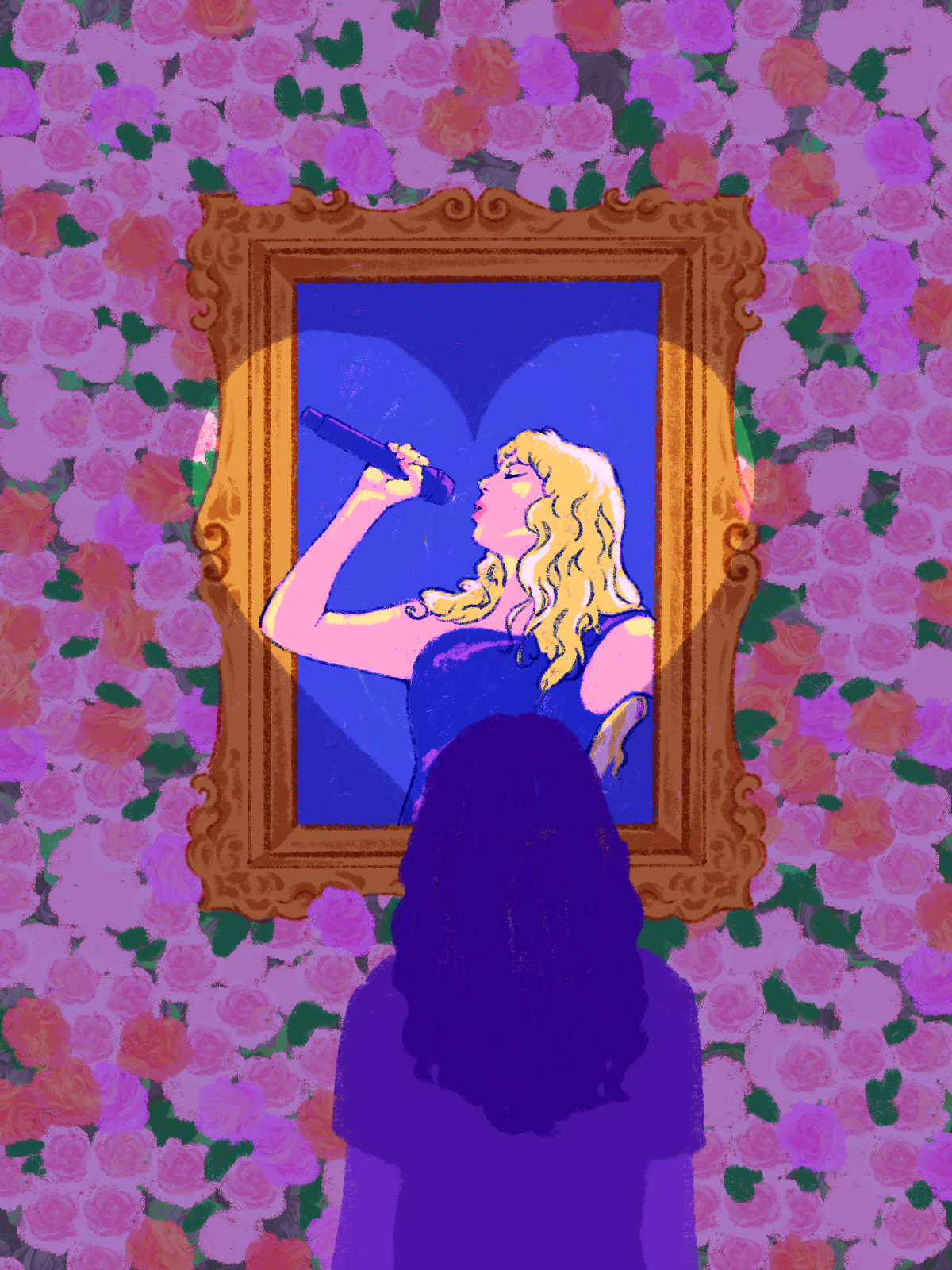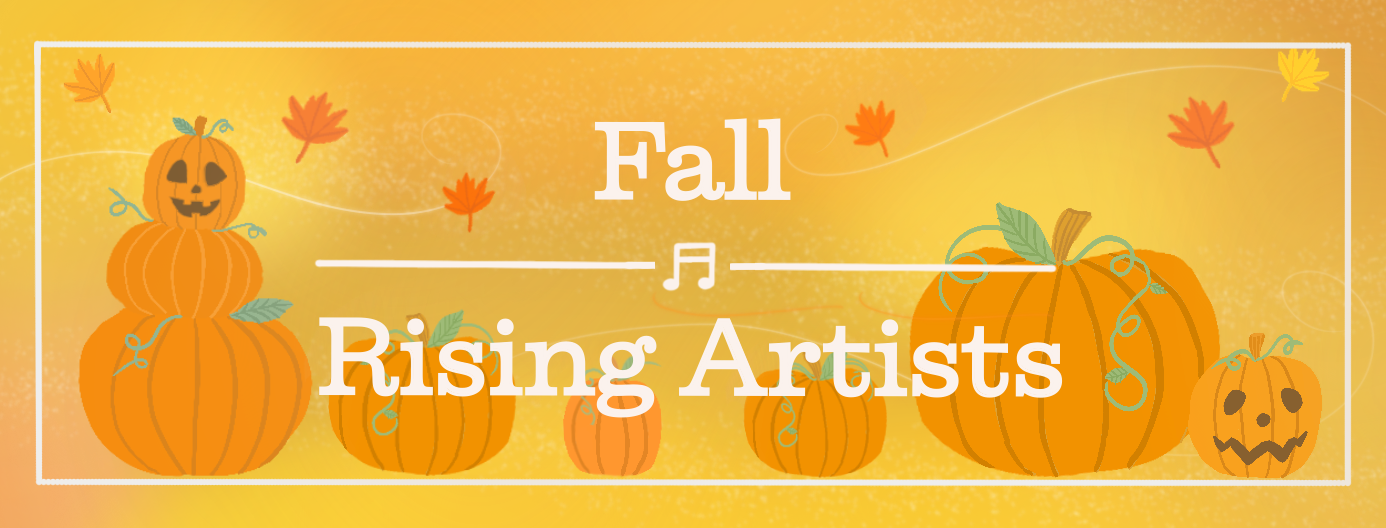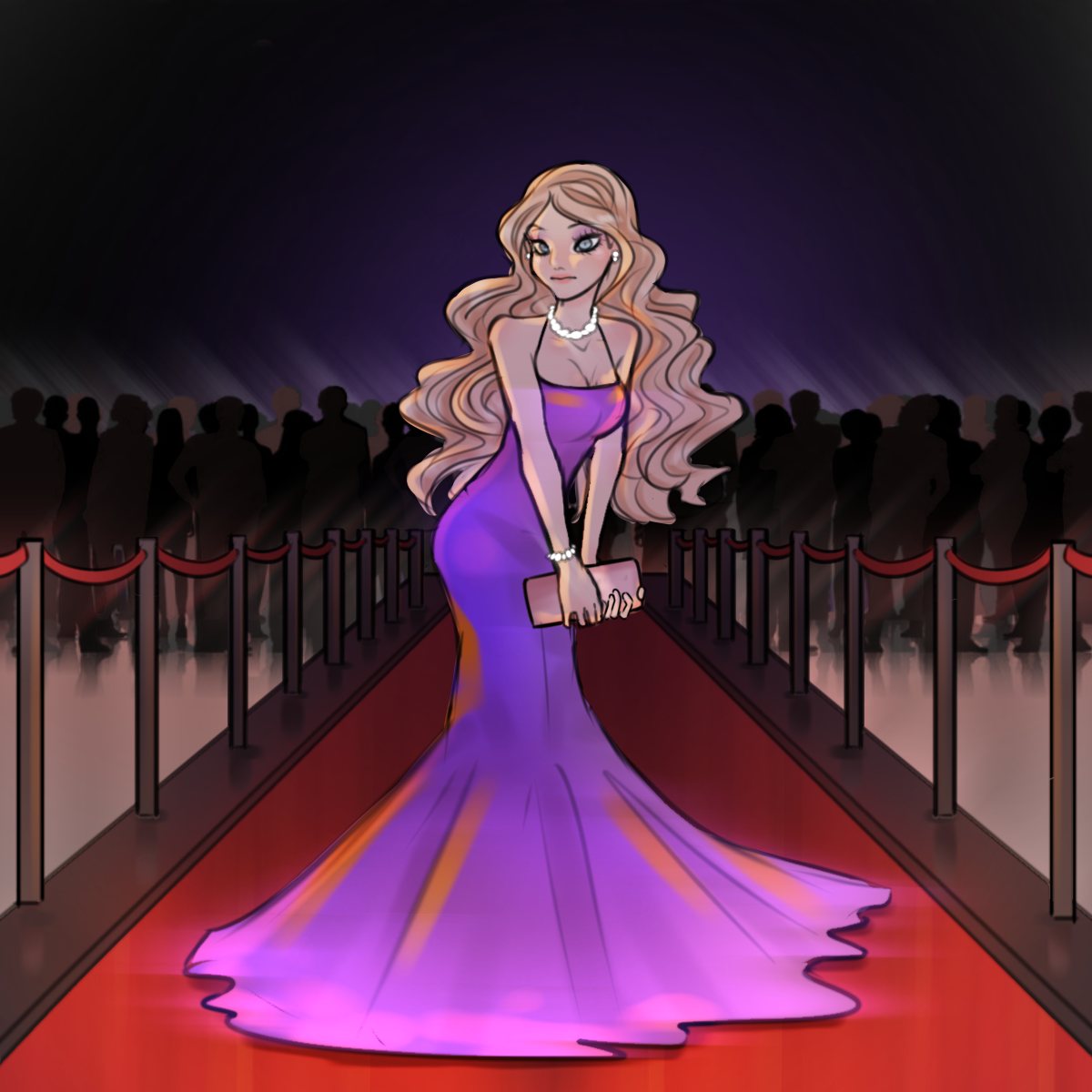Second Take: Parasocial relationships rising, fueled by unhealthy celebrity obsessions

By Isabella Lee/Illustrations Director
By Lex Wang
June 1, 2023 12:18 a.m.
The line between healthy and toxic emotional connections with celebrities has become increasingly blurred.
Parasocial relationships – which form when a group of fans has a one-sided attachment to someone famous – have blazed through celebrity culture in recent years, fueled in part by the rise of social media. With an unprecedented level of accessibility to the activities of superstars, this phenomenon has enabled musicians, actors and other media personalities to play a pivotal but unnecessary role in the lives of the average Joe.
While it is not inherently problematic to appreciate the work of a celebrity, the consequences of fixation – as opposed to temperate affection – can lead to alarmingly detrimental ramifications. For all parties involved, excessive celebrity worship is often more harmful than fulfilling.
In such instances, supporters or followers fail to grasp that their idols have lives of their own – ones that don’t include these followers. With the growing use of TikTok, Instagram and other social media platforms, the public is granted fleeting glimpses into a celebrity’s world, creating the illusion of intimacy. As a result, influencers are bombarded with unwarranted and inaccurate comments that arise from the ensuing sense of entitlement.
[Related: Second Take: Diverse influencers make it to red carpet; Hollywood should take them farther]
For instance, the hypersexualization of celebrities can cause the loss of respect for boundaries. With his bold red carpet outfits and brooding on-set persona, “The Last of Us” star Pedro Pascal has become the internet’s latest shared infatuation. And while he has occasionally leaned into the public’s perception of him as their “cool, slutty daddy,” the actor has now chosen to shift the spotlight from this viral moment and focus instead on his professional projects. This decision followed Pascal’s abandonment of his Twitter account after the level of discomfort he felt when other dirty tweets were directed to him online. And Pascal is not the only celebrity who has been the target of impassioned supporters.
In similar fashion, fans often dub musical artist Taylor Swift as “mom,” acknowledging her musical talent with the phrase: “Mother is mothering.” However, one video shared on Tumblr in 2015 depicted a parent expressing her frustration after learning that her daughter referred to Swift as “mom” – a title the parent believed Swift had not properly earned. Upon discovery of the video, the singer requested to henceforth be called the “crazy aunt” instead. Although many understand and even resonate with the desire to express endearment to the singer with nicknames such as “mom,” parasocial interactions like these should be approached with a strong dose of perspective.
These psychological attachments to A-listers have ways of destroying relationships within the industry as well. Popular boy band One Direction’s two heartthrobs, Harry Styles and Louis Tomlinson, revealed after the band broke up that the two never quite interacted in the same way again after rumors began to circulate about the nature of their friendship and sexual jokes about the pair became commonplace. Years later, Olivia Wilde, “Don’t Worry Darling” director and Styles’ former romantic partner, was villainized and placed under unrelenting scrutiny after being told to feel ashamed of herself for stealing Styles. In fact, more than a couple of the singer’s former girlfriends have been subjected to negative press because of how fan communities view Styles.
Many instances of celebrity fixations further create an unrealistically black-and-white narrative. Amplifying this culture of judgement and condemnation, fans decried the way in which comedian John Mulaney divorced Anna Marie Tendler – then had a child with Olivia Munn – after coming back from 60 days in rehab. Unfortunately, this perspective, justified or not, oversimplifies Mulaney’s complex path to sobriety.
On the other side of the coin, parasocial relationships can also elevate imperfect individuals to godlike status. Because celebrity actions are often excused or overlooked, fan-favorites, most notably Swift, may not be held accountable for a not-so-clean past or present. Various TikTok users have noted that although the popular songwriter tops the list of those with the worst private jet usage, they can use Swift’s lyrically- and musically-genius songs to justify the transgression.
[Related: Second Take: Fans have the ability to hold artists accountable and should do so more frequently]
Not all one-sided parasocial relationships necessarily stem from a place of love, either. Famous figures ranging from Kim Kardashian to Charli D’Amelio have been the subjects of harassment and even death threats for all kinds of reasons. Hailey Bieber, a model who has been married to Justin Bieber for four years now, came under fire for supposedly bullying her husband’s ex, Selena Gomez, online. Accused of mimicking and making fun of Gomez, Hailey Bieber’s rumored feud cost her almost 1 million followers within a week. Even major corporations such as Duolingo – a language learning app – joined in on the harassment alongside Gomez’s supporters.
Granted, the world of celebrity culture and media exists primarily for and thrives on the active participation of consumers. By all means, fans should wholeheartedly embrace the fun of going to concerts, buying merchandise and attending conventions. However, it is crucial that celebrities are treated in a healthy and respectful manner – not in an obsessive one.
So what would happen if a fan just called Taylor up? She simply would not answer.




